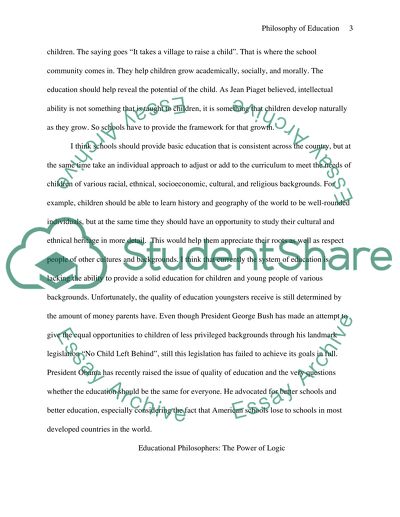Cite this document
(“Philosophy of Education Essay Example | Topics and Well Written Essays - 2000 words”, n.d.)
Philosophy of Education Essay Example | Topics and Well Written Essays - 2000 words. Retrieved from https://studentshare.org/education/1434190-personal-model-of-philosophy
Philosophy of Education Essay Example | Topics and Well Written Essays - 2000 words. Retrieved from https://studentshare.org/education/1434190-personal-model-of-philosophy
(Philosophy of Education Essay Example | Topics and Well Written Essays - 2000 Words)
Philosophy of Education Essay Example | Topics and Well Written Essays - 2000 Words. https://studentshare.org/education/1434190-personal-model-of-philosophy.
Philosophy of Education Essay Example | Topics and Well Written Essays - 2000 Words. https://studentshare.org/education/1434190-personal-model-of-philosophy.
“Philosophy of Education Essay Example | Topics and Well Written Essays - 2000 Words”, n.d. https://studentshare.org/education/1434190-personal-model-of-philosophy.


